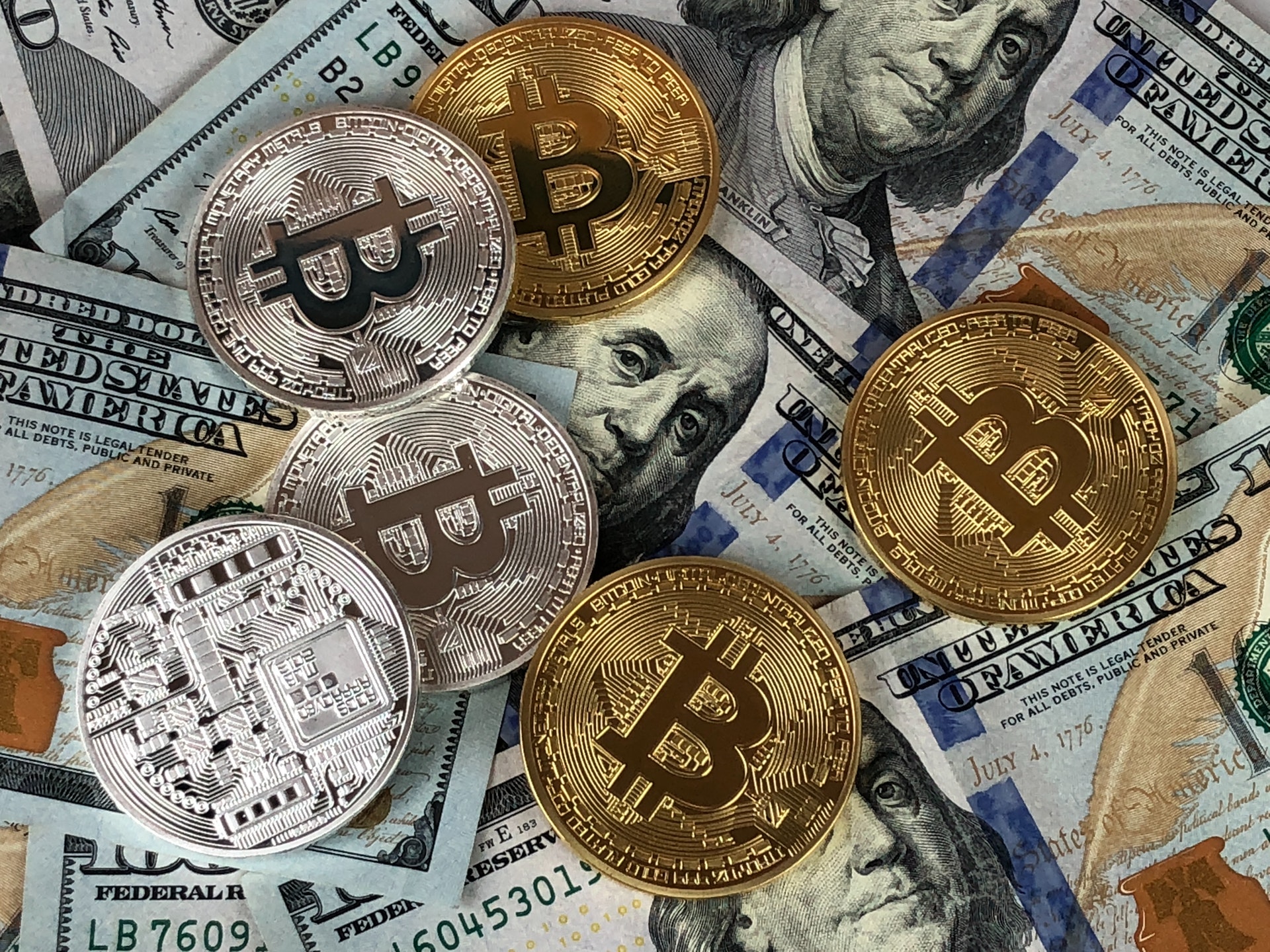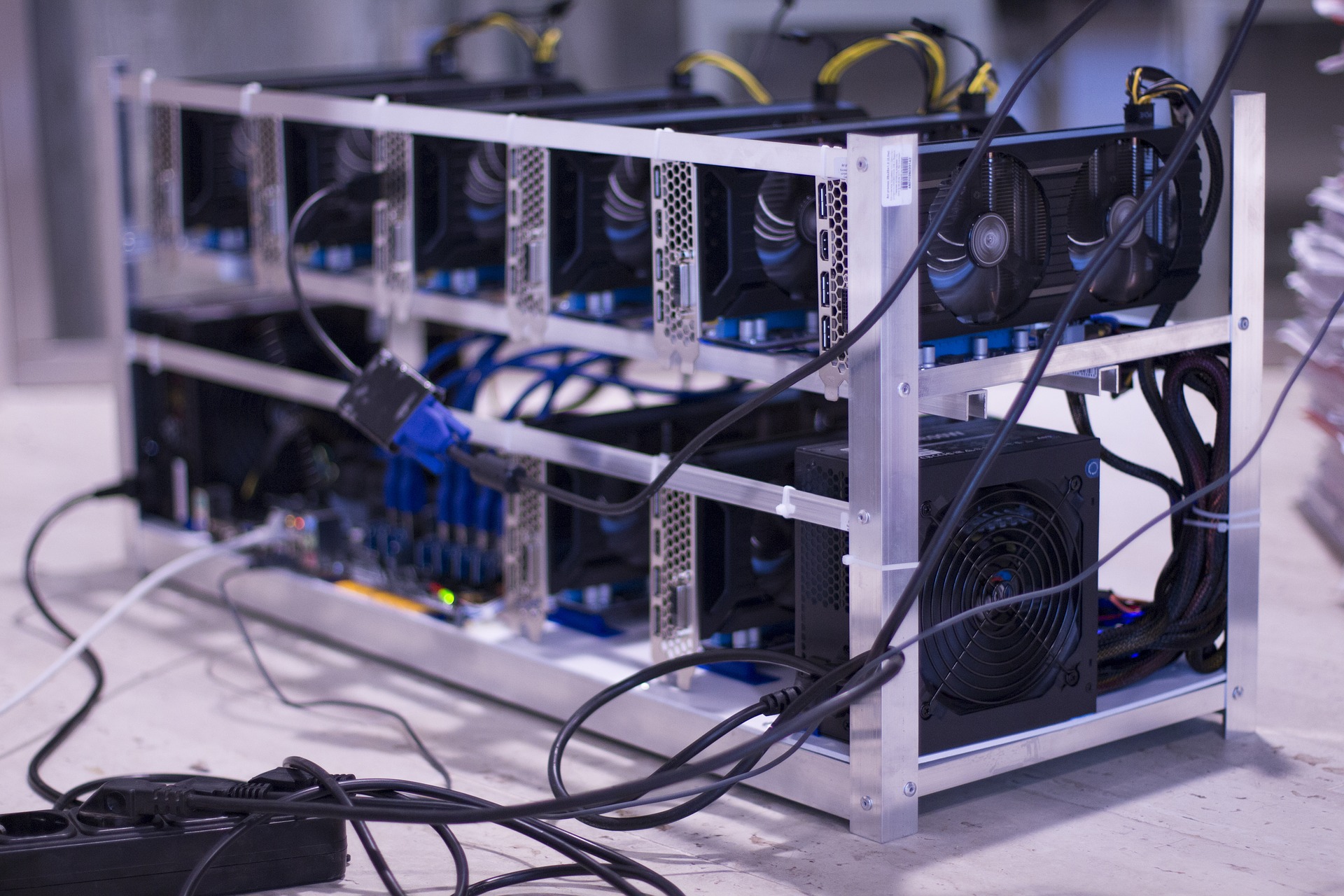What are Cryptocurrencies?

Today, in every conversation, the word cryptocurrency pops up. Cryptocurrencies are something everyone wants to talk about, but few seem to actually know what they are. Today I'm going to try and remedy that. However, before we dive deeper into cryptocurrencies, we must first learn their history.
History of Currencies
Back in the old days, we had a barter trade system as a means of transaction. This system lost its impact due to the indivisibility of the goods, and other reasons. We then moved from this system to gold plated florins. The paper currency gained popularity from 1600 AD. We then moved to coins, credit cards, and digital wallets.
Banks and governments control how we use modern currencies. Cryptocurrencies aim to deal away with banks and other control authorities. As of 2019, there are more than 1,600 cryptocurrencies. The most popular of these are Bitcoin, Ethereum, and Litecoin.
Definition
Cryptocurrencies are digital or virtual currencies meant to be a medium of exchange
Features of Cryptocurrencies:
- There is a limit to how many units can exist.
- Funds are easily verified.
- Operate independent of banks and other regulatory bodies.
- You can add new units when you meet certain conditions.
Advantages of Cryptocurrencies:
- There are little or no transaction costs.
- You have access to your funds 24/7.
- There is no limit to purchasing or withdrawal.
- Freedom for everyone to use.
- International transactions are faster.
How Cryptocurrencies Work
All cryptocurrencies are based on cryptography. Cryptography uses encryption and decryption tools to secure transactions. For cryptocurrencies to work, a computational algorithm, a private key, and a public key must exist.
To explain what includes a cryptocurrency transaction, I will use Bitcoin as an example. You need transaction details, like the “address” of the person you are sending the funds to and the amount. Then it is passed through a hashing algorithm, Bitcoin uses SHA-256, as its' algorithm. From the algorithm, the sender approves the transaction using the private key. The network sends this transaction to miners for approval using the sender's public key. Finally, this transaction becomes part of a blockchain.
Why is Blockchain Technology important in Cryptocurrencies?
We have seen above that Cryptocurrencies have a decentralized system of keeping records. Records of all these transactions are in a public ledger known as Blockchains. Information in a blockchain cannot be changed. In 2009, Satoshi Nakamoto went public with the information that he wanted to set up a peer-peer network for transactions. This technology later became the basis of cryptocurrencies like Bitcoin. So in essence, cryptocurrencies rely on blockchain technology.
What is Cryptocurrencies Mining?
There must be miners for transactions to be complete. A miner is anyone who updates blockchain ledgers with transactions. You can only mine cryptocurrencies using specialized computers. Once your mining computer debugs the hashing algorithm, you update the blockchain ledger. This update is approved by other computers in the network. After this process is complete, the system may offer a reward to the miner. You also earn the transaction fees attached to the transaction.
The system was designed in a way that, if there is more mining power, the difficulty of debugging the algorithm increases, and vice versa. The goal of this was to reduce inflation of the currencies. When currencies like Bitcoin were introduced, there were fewer miners, but as it grew, these numbers increased. In the early days, you could use your CPU to mine currencies, but nowadays, you need ASIC processing power.
What factors affect mining rewards?
- The hash rate. This is how long your mining processor takes to debug the hashing algorithm.
- The block reward. This is how much miners earn when they update the transactions. Bitcoin pays 12.5 Bitcoins to miners per transaction. As of 2019, 1 Bitcoin equals 7,156 USD.
- Mining difficulty. This is how hard mining currencies are at a particular time.
- Pool fees. If you are part of a mining pool, you have to pay a certain amount of your rewards to the pool.
- The price of the currency. All cryptocurrencies are very volatile, so a change in the price will affect your rewards.
Conclusion
Cryptocurrencies are taking over other means of payment. Every cryptocurrency comes with the promise of being the most profitable in the market. Some survive, some do not. Before you decide on which one you want to invest in, take time to understand how it works. I hope this guide gives you general knowledge of how cryptocurrencies work.



